For their inaugural interview, our friends at Assemblage Views magazine sat down with Prophet Walker, Co-Founder of Treehouse Co-Living, to talk through global-minded contexts, the virtue of community as a verb, impact, and why the houseless crisis is an acute philosophical crisis. Enjoy the full interview here.
Many of us might consider ourselves global citizens; it’s an attractive idea, the sense of feeling connected to, and responsible to, something larger than ourselves. But what does that look like on a local level? How do ambitious dreams translate into intentional actions that will get us there?


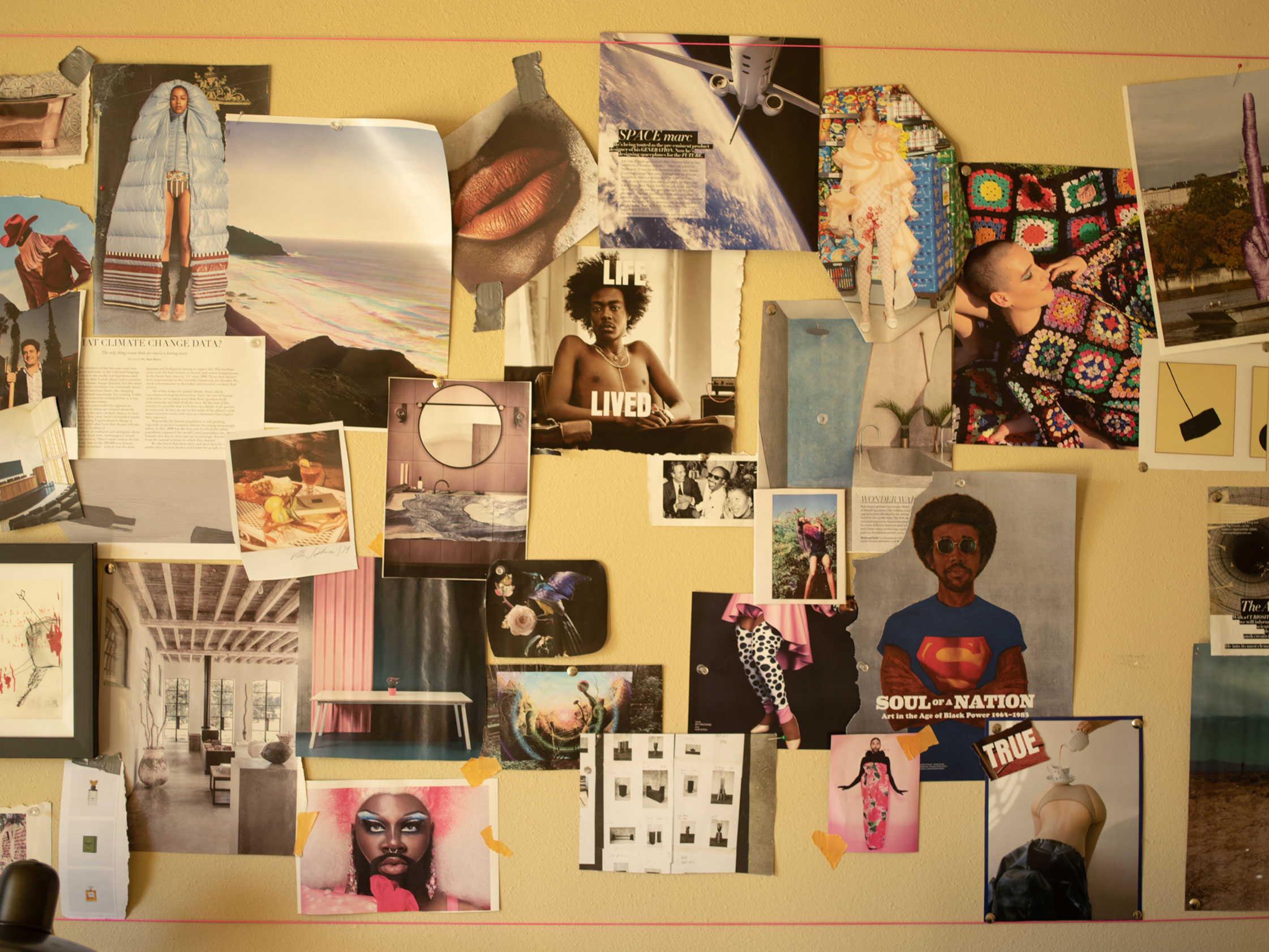
ASSEMBLAGE defines a global citizen as somebody that’s globally-minded and that’s making courageous decisions about things that benefit oneself, one’s neighbor, and one’s planet. So, with that in mind, we would like to learn about your background, how you arrived at this particular moment in your life, and how you arrived at the concept for Treehouse.
So, I’ll start by saying that I grew up in a multitude of different worlds. I’m half white, half black. On the white side of the family, I had the experience of looking at extreme levels of racism, serious levels of wealth, and drug addiction. And on the black side, I had the experience of owning, for instance, my great grandfather’s ‘freed’ papers, watching black entrepreneurship in Los Angeles, the drug trade up close and personal. It’s sort of a story of redemptive healing in a hood that’s marred with gang violence and poverty.
And which area of Los Angeles was this?
I grew up in Watts, South Central area, but I was born in Beverly Hills. My mother, unfortunately, became deeply addicted to heroin. Everything just sort of unraveled for her, about the time I was, I’d say five or six.
What was simultaneously happening is that we were in the throes of early 90s Los Angeles. This is the point at which the crack cocaine epidemic started to unravel at the seams, and it went from a purely sort of entrepreneurial, very controlled economic venture, to one of territory, war, and the development of gangs. A wild amount of guns flooded into our communities. My family was close enough that I experienced the ride of what that meant.
There was this sort of cultural zeitgeist thing happening in the hood, that was telling me and my friends to get up and get out. That was our goal: to leave the hood. And while [I was] in South LA and Watts, I couldn’t leave, so I had to lean into my environment. And in that environment my friends and I would build club houses and tree houses; we needed an escape. So this is sort of the evolution of the name Treehouse.
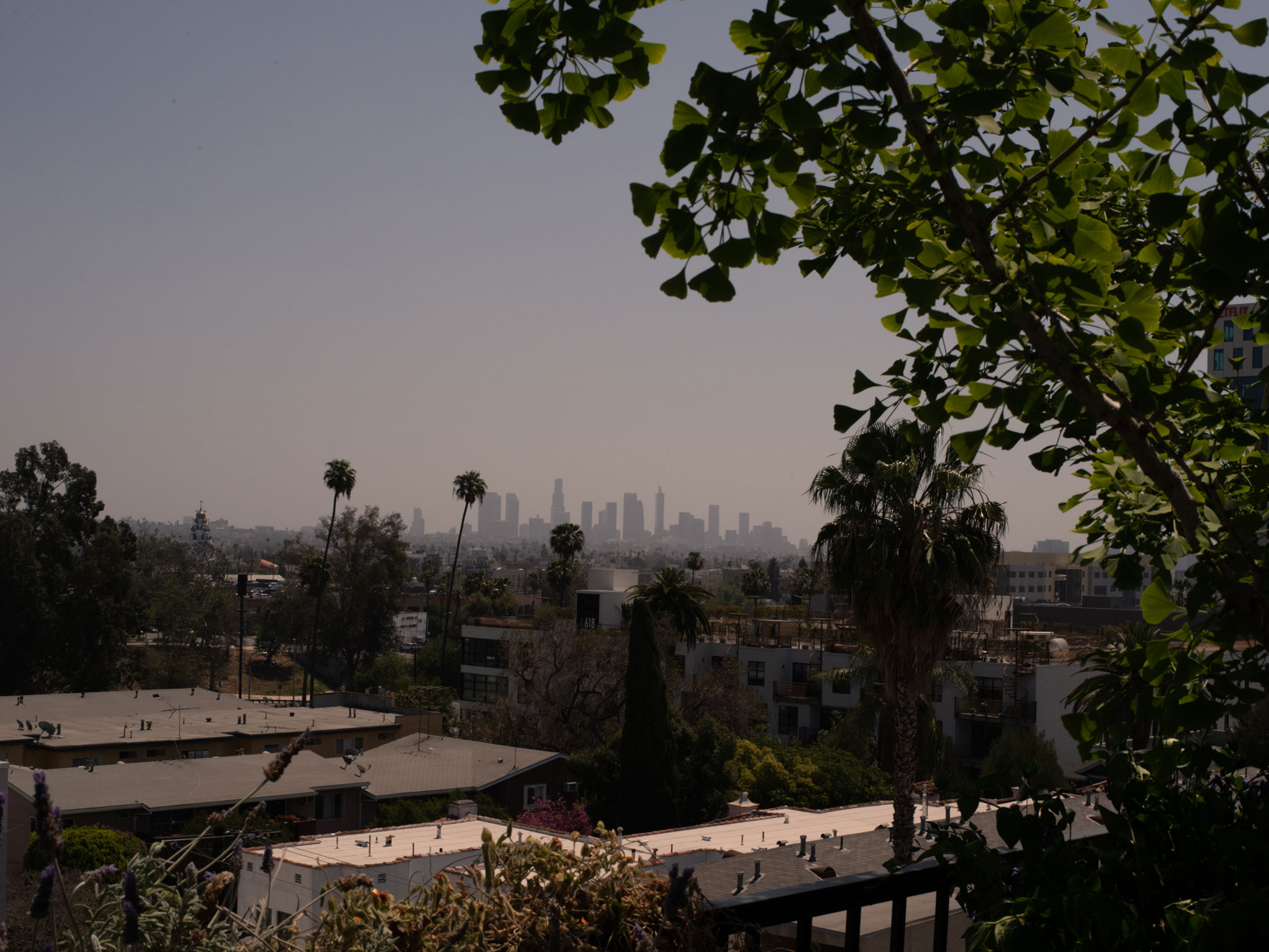
“Community isn’t always sexy. It isn’t always the next fireside chat. It isn’t always how we’re going to see the next marketing experience at Soho House. It’s just not. It’s much, much deeper than that.”
My dad was very crude, sometimes, in his lesson choices. I remember we were driving—I was 10 years old—through South LA and people are fighting in the streets. And we’re what he calls ‘rubbernecking’, and he’s saying “Stop Rubbernecking. Listen. The lesson I want for you is ‘You’d rather hear about it, than be about it’.” But we kept looking—my cousin and I kept looking—we got to the gas stations and he’s like“ We’re going to go back and I’m gonna show you that you’d rather hear about it than be about it. Keep your eyes straight. Stay focused. Protect your community, don’t worry about tangential stuff.”
So we went back and one of the gentlemen who was fighting had been murdered. Right in the middle of the street. And my dad’s like, “This is life or death, where you’re at. Your goal is to build your community out of it. Not add to the gossip. Not add to the chaos. Stay focused.”
To escape those realities we legitimately built clubhouses. We would go find scrap, from the alleyways, to build our clubhouses. And then we started getting a little more sophisticated and started finding wood to then start building just platforms in the city streets. But every single time, whether it was the city, or whether it was the parents, somebody would tear our shit down. They would be like, ‘this is a hazard’. And they were right, it was a hazard. You would see us pulling mattresses down the streets, like dirty mattresses.
Rudimentary architecture.
I remember we had gotten it torn down completely and my grandfather said “Just build it on wheels. And then when they say that you’ve got a day to tear it down, just roll it out of here.” I was like, ‘BRILLIANT’. So we went and we robbed grocery carts and created a movable clubhouse. We literally would pull this thing from parents’ house to parents’ house to parents’ house. And what I learned from that was like, in this sort of “clubhouse”, if you will, it wasn’t about exclusivity for exclusivity’s sake. We had an idea of what peace looked like, and we wanted to maintain that. And anybody on our street, or other streets, was welcomed, in so far as they didn’t disrupt that.
Right; the entire point of this was to build this sanctuary, this peace, to contribute to the community as a respite, as an escape, without having to leave.
Without having to leave. And it was as simple as, like, “Are you a nice person?” Just that simple. Kids aren’t dealing with the dogma of ‘what’s their political beliefs?’. That’s not their view.
There was still gun violence, shootings. I’m 12 years old when one of my closest friends, David, is gunned down. We’re a few feet from one another. From shock, I end up chasing the gunman (without a gun, which shows I was in serious shock). The gunman got away. We were there, left with what to do.
I remember the most powerful thing that happened in that moment: every single person on our block, every household, came up. Every single mother, every single father, every single kid, grandmother took turns holding me and my friends. Not one person in the community would let us not get a hug, would not remind us that it would be okay. And everysingleday after that for the next year or two someone would make sure [we were okay]. I could not walk down my street, without “Baby, are you okay?” “Baby where’s your head at today?” “Come here, let’s eat.” “Let’s sit and talk.” “You’re going to be alright.” “Are you afraid?” The men who didn’t know how to fully express love would ask “Are you solid, my G?” “Where’s your head at?” “Are you afraid?” “Do you want to learn how to fight?” […] And this community, no matter how f*cked up the world perceives it [to be], this community has you. It has love for you.
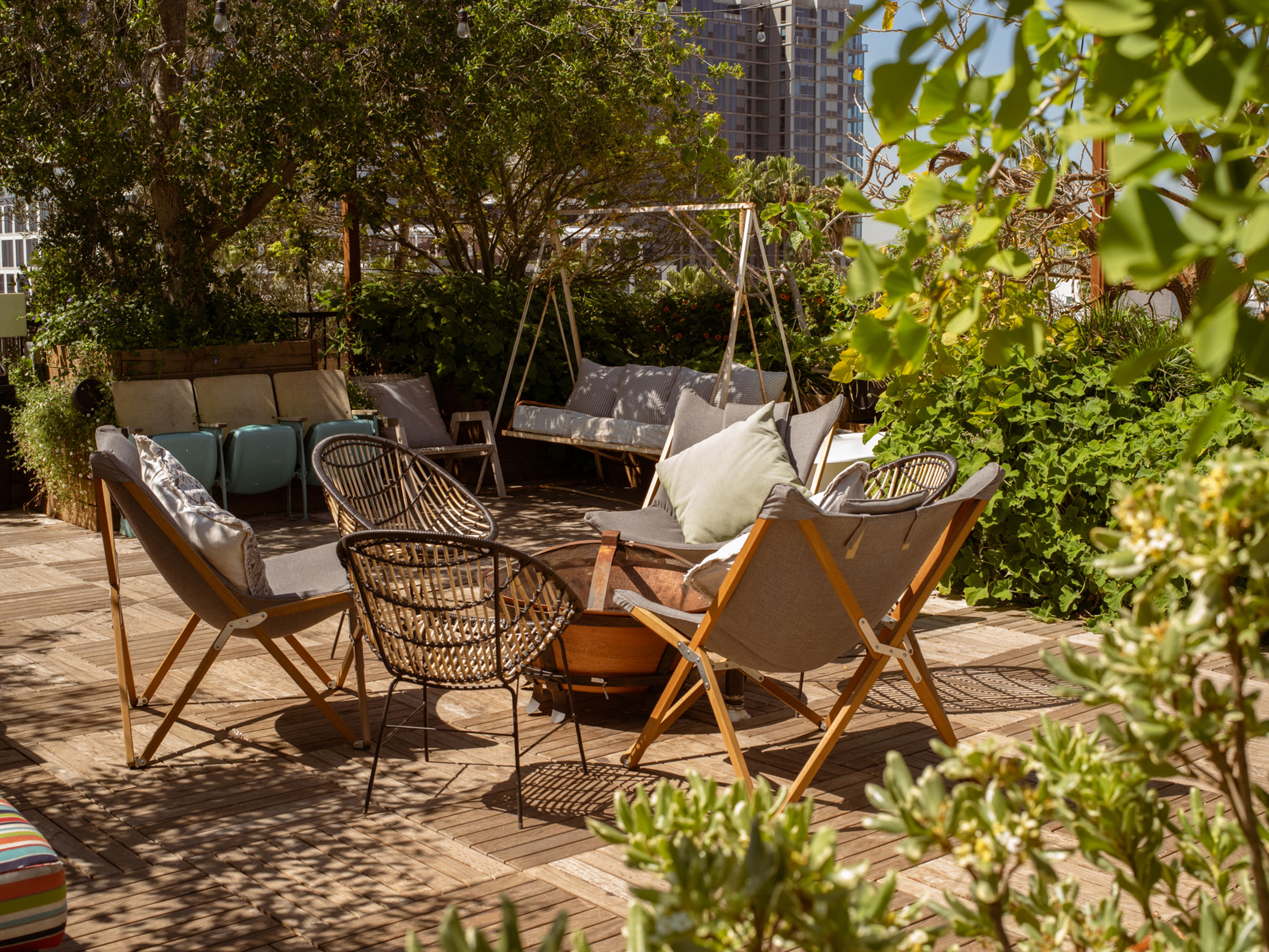


Which is a really powerful thing to see in your formative years of life: community, as a noun, but also community, as a verb. And, you’re one of the few people that know the embodiment of community as a verb, internally. And that’s not a common experience, for everyone.
That’s what I think ultimately got me to Treehouse, right? […] Community isn’t always sexy. It isn’t always the next fireside chat. It isn’t always how we’re going to see the next marketing experience at Soho House. It’s just not. It’s much, much deeper than that.
Then at 16 I get incarcerated. […] I was incarcerated and I learned a lot about our justice system […]
I would learn more in-depth about the ridiculousness of our justice system. And the biggest thing that I learned was how effectively creating ‘others’ out of human beings could drive fear. And [how] fear would result in wild, terrible consequences.
The othering of people, like “Oh, you’re not part of this particular thing” or “You can’t be in this community” or whatever…
[…] It seems innocuous until you start having extreme woke politics and extreme conservative politics, and we don’t see, day to day, how that impacts our biases.
[…] But what about coming through that experience and then the campaign that you did? All of these are things that got you here.
Going through the prison experience, I started one of the largest college programs in America. I wrote Governor Schwarzenegger a letter of how we could restructure prison and suggested that there should be a college dorm inside prison. My first foray in ‘built community’.
There’s a Nipsey Hussle line that I love, which is, “He grew up knowing that he was a genius / but he’s left with no platforms to explore.” I felt the same way about people there, because they were the ones teaching me. My cellmate taught me English. My next-door neighbor was a MIT professor that got in a bar fight. He taught me math. I saw genius in there, but they’re not given the options.
Prison was exiling people from their communities. Luckily, inside, a whole different community, a microcosm was happening.
And that’s what I wrote to the governor that there’s a tremendous amount of energy here, that if harnessed differently, could produce a tremendous amount of success. That program started with 30 people in the dorm. We would debate philosophy. We would talk about going to Mars, teach each other chess. We taught each other how to play instruments. So many beautiful conversations […] There are literally water fountains, benches for race […] I think there are now 30,000 plus people in that program. You’re able to get a two-year or four-year degree prior to coming home [from prison] and be a contributing member to society.
California’s recidivism rate is about 75-80% on its own […] That level of failure … With the college program we started there’s less than half a percent of people that recidivate and go back to prison. [After spending time in prison,] I came home and went to Loyola Marymount to study engineering, and was wrapped in community there too. I was realizing that we needed community on the outside as well. So we created a nonprofit ARC, which is, I think, the largest one certainly in Los Angeles.


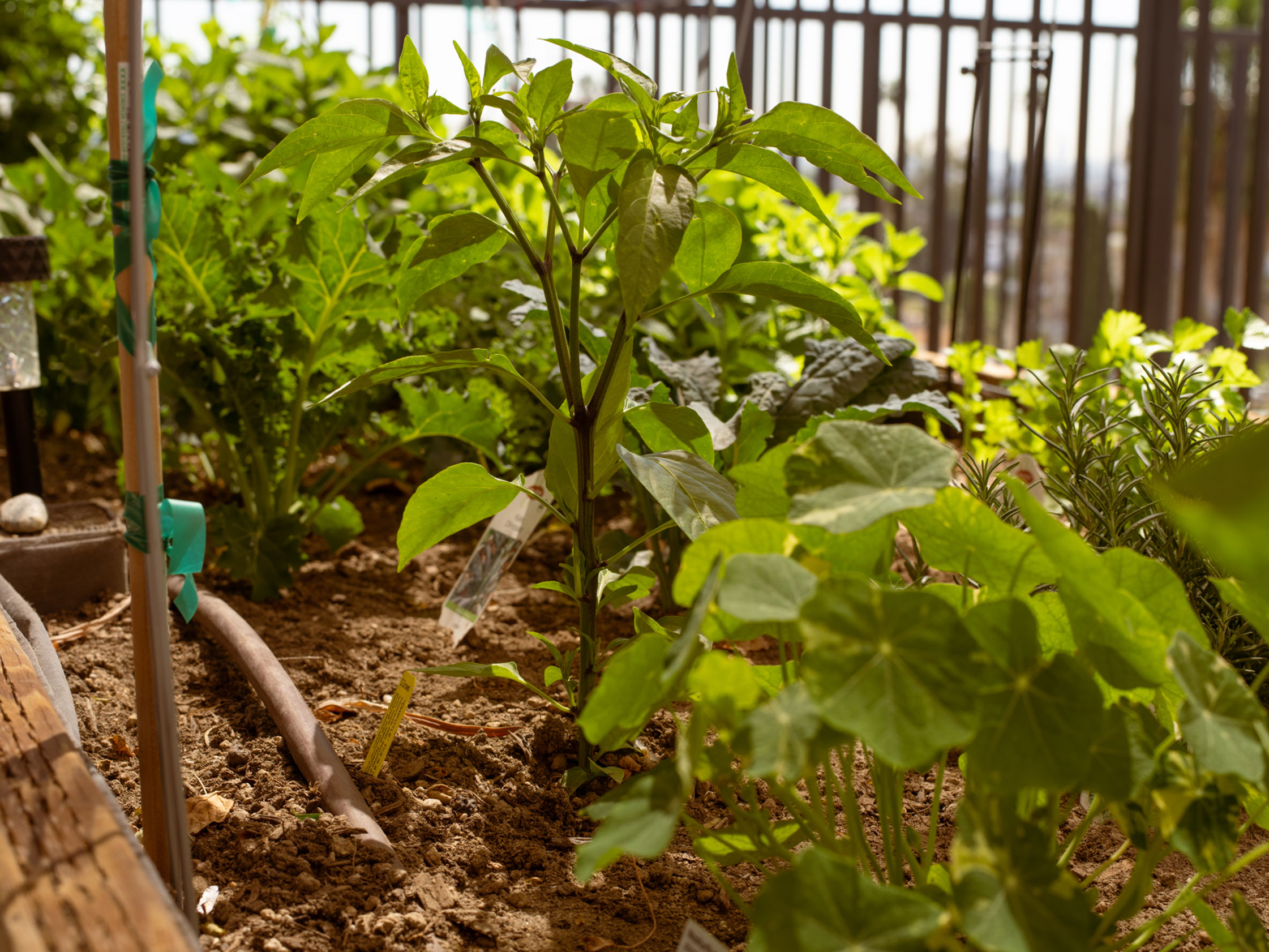
“With the college program we started there’s less than half a percent of people that recidivate and go back to prison.”
And ARC stands for … ?
The Anti-Recidivism Coalition. All of your recent laws that you’ve probably seen passed in justice reform, whether it’s prop 57, prop 47 or getting George Gascon [LA county District Attorney] elected—much of what Kim Kardashian is pushing—all of that is ARC […]
And then I stepped into my professional life which was just building construction and utilizing my engineering degree […]
Meanwhile, the local Assemblyman is termed out; all these whoo-ha’s start jumping into the race to represent Watts and Compton and Carson and South LA and Playa Vista. I think, “the interest of Playa Vista is going to be the interest of this politician” and everyone that jumped in didn’t have the backbone for what’s needed for this community. Their hands were tied by whatever resources were given to them because there’s a lack of resources.
Beverly Hills is going to elect what’s in the best interest for them and for the politician in Watts. The people in Watts cannot fund the campaign. Period. That’s to me the dirty money of politics. It’s not that money is in politics, it’s that money is unequally distributed in politics. Those who cannot raise money, those who do not have support will not be beholden to their community. And so I looked at that and I was like, “Nah, I want to rock for my community.” And if I have the audacity to run, being formerly incarcerated, I’m already signaling ‘fuck the establishment, I’m going to do this my way’.
So what year was this again?
This was 2013. I set up this grassroots community campaign, naive as it gets at 25, thinking we’re gonna run the state.
But also, that was your training, your community service. How did it end?
I won the primary, lost the general, and it was a big thing. It was fascinating actually what happened. Initially, I couldn’t raise money for the life of me. Then something switched. I started leaning into […] “This is who I am, this is what I believe.” I realized that the power of being elected wasn’t just the ability to sign a law but also the power of influence.
Which is pretty much the linchpin of any community: how do you mediate across biases? How do you create a space that fosters that kind of thinking, and encourages space for that to grow? […]
At Treehouse there are trees, there’s plant life, there’s, you know, breakout spaces. We’re in the library, which is a place for introversion, but there are many other places for extraversion and activation. The current model offers a lot of value, especially for people who live alone or have small families, but do you have ideas of how this model could be expanded to accommodate larger groups of families? What does it look like for the current Treehouse model of community, to expand to larger, multi-generational families at a large scale?
We did a lot of work in thinking about this early on, and both myself and my co-founder Joe were pretty aligned on one thing. He had come out of tech as a serial entrepreneur and was successful. He had zero interest in real estate or construction. I had come out of real estate and construction. I loved it, but I had zero interest in starting to build a development company. We were both fully aligned that our product was, is, and will always be community. That’s what drives us, that’s what we care about. Community will take shape in different forms; these are mere vessels that allow for the nuance of human interaction to take place more easily, and are the nuance of human need. That’s like, at the core of it.
The future of Treehouse is one where we are done throwing away our wisdom. The fact that senior homes exist in isolation makes zero sense to me.
There is an incredible amount of plant life here. What role does plant life play in giving people a sense of wholeness as a place, and why was it important to have that here?
Nature is healing, just full stop. Sitting in a barren space in Blythe, California. That’s where I was, for years. Concrete. Sand. Holes.
The consciousness of humans is shifting and starting to see that Earth matters, it really matters. Pulling from the earth, trying to actually recycle it and finding more ways to be regenerative in urban environments is important. And so that’s one part of it. The second part of it is: cooking is a big part of community […]
When we talk about the housing crisis in California, it’s the hot-take, hot-button thing for everybody. How much of the Treehouse vision was a reaction to the housing crisis?
Zero.
Zero?
The housing crisis is a philosophical crisis in this country. We have more than enough wealth, more than enough free space, more than enough apartments, more than enough apartment buildings. We do not have enough heart to let people live in them. Treehouse is trying to say, connect back to your community.
So from a philosophical standpoint, Treehouse isn’t necessarily a reaction to it, as much as an example of what can get us out of it.
Yeah.

“The housing crisis is a philosophical crisis in this country. We have more than enough wealth, more than enough free space, more than enough apartments, more than enough apartment buildings.”
Which is interesting because that plays into this next question, which talks about equity, and the role that the private sector can play in looking at the opportunities, the entry-barriers, at alleviating, not just urban housing challenges, but fostering a sense of community in society. Treehouse in the private sector is doing that.
I tend to try and operate in the gray of the world [in order] to really understand things. Both are necessary, public and private. They can’t interact or coexist without one another.
So is this a situation where the private sector can maybe lead by example to get…
We’re quicker, in the private sector.
Because there’s not as much of the red tape that you have to go through and the people that you need to appease?
Yeah, the public sector is, it’s tough, it’s complicated, it’s big. I deeply respect the politicians, even the ones that aren’t great. It’s a hard job, trying to do something at a human scale. It’s a really hard job.
That’s a good point.
And turning that boat is hard […]
Going to the vision of what the future holds. Not everybody can live at Treehouse right now but what advice would you give to people who want to build more intentional connections with the community around them, no matter where they are? And then we’ll close out by, what do you have next?
There were a few things that started to happen [last March] that were fully reminiscent of prison and South LA to me that the rest of the world thought were wildly novel. One of the most palpable were the folks singing in the apartments in Italy or singing Biggie Smalls in New York. In prison, that happened every single Friday. There were open mics […], there were sing-alongs, there was poetry, the whole bit. It was the human spirit locked behind bars, locked away from one another, screaming, we want to be together.
Treehouse cannot bound the human spirit, no physical space can bound it. Then COVID hit. And we’re in a world that’s telling us to separate from one another.
One of my favorite people on this block is Eddie who lives across the street. Eddie is five feet tall and maybe 99 years old. Every single day during construction, he came and ate with the construction workers, and hung out with us. In the evening he played chess with me. Every single day. He brought his Mexican ballads that he used to listen to, brought over his record player once the cafe was built. The first time we ever sat in the cafe, and there were couches in there was with Eddie and he brought over his little record player and we listened to that. A few days later, we finally had the AV system up and I was able to find his ballads on Apple and played them, and he danced with our team.
And when quarantine happened, I could not stop thinking about Eddie. Eddie doesn’t have family. Eddie is in an apartment by himself. Neighbors did not talk to Eddie. They didn’t talk to one another. And that’s all I kept thinking about: who is looking out for Eddie. Where’s his community? Everyone’s so afraid. And I get it, getting sick and passing away, there are consequences, they’re real. But today, we have each other, we’re optimizing for a tomorrow that may not even come.
I appreciate and I believe in contextualizing ourselves as global citizens but I go back to that idea of appreciation for life, and plants, and clay, and dirt. We are all from the earth. But we take, in my opinion, too many big swings. And we all want our names in something; we are human, we want appreciation, we want to feel validated. And the entrepreneur and tech culture of successful CEOs and unicorns and blah blah blah, it’s enticing.
[…] Eddie is a human being that’s left alone. Someone whose children may be crying, we don’t know if they’re being beaten, we don’t know if they’re mentally challenged. There was a moment that the police were called on the parents [down the street] because they heard that the kid was yelling. Not once did someone go knock on that neighbor’s door. Did they know that person’s name? Did they ask if maybe they’re hungry?
But we’ll give to Homes for Humanity. We want to structure the biggest Deepak Chopra app to give mental healing. We’ll do all these things, but not once did someone say, “Are you okay?” “Is your kid okay?” These are the things that we take for granted. Just go meet the person next door. Small swings.
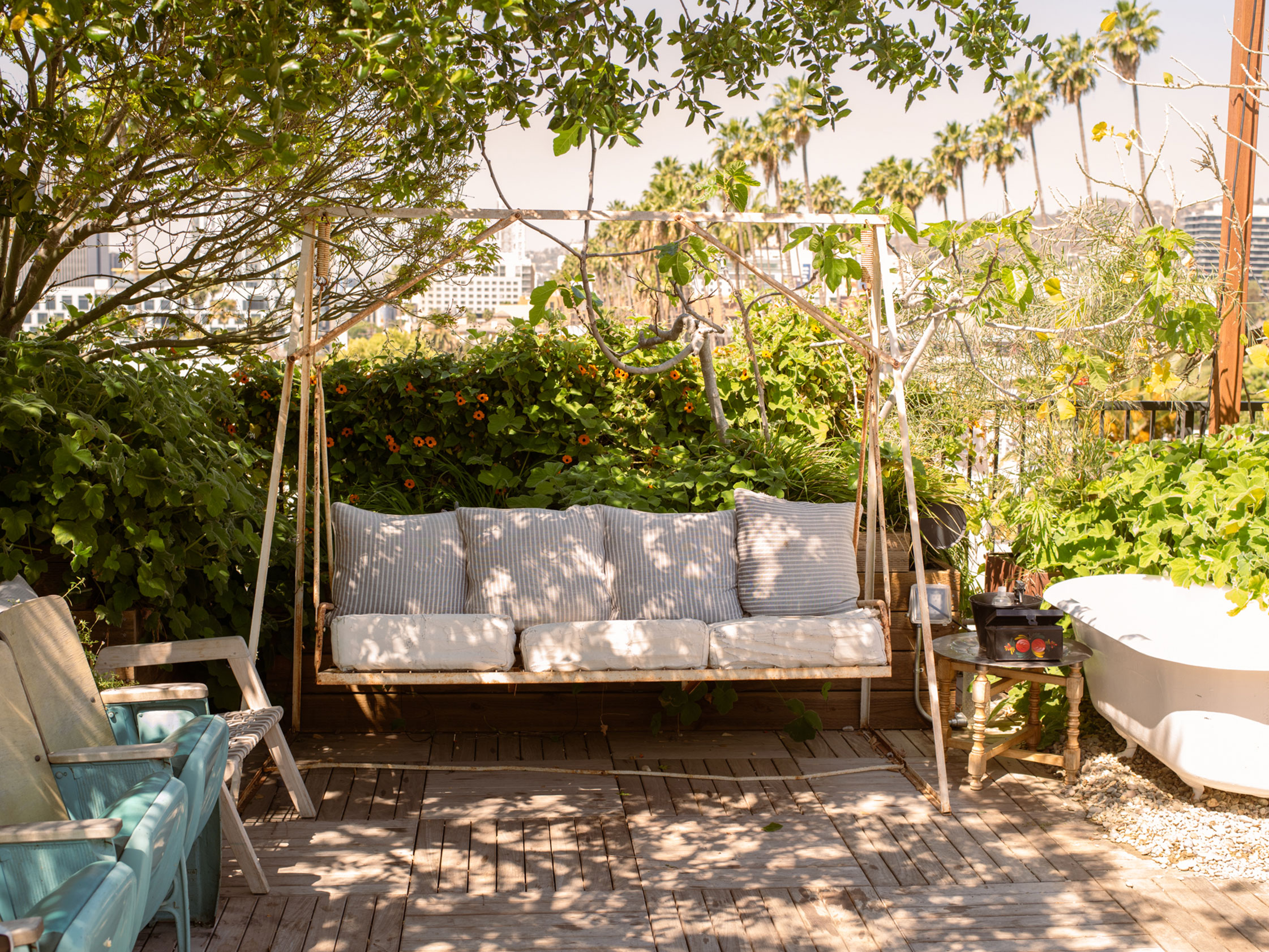
There’s one common thread here which is the willingness to participate. Whether that’s participating in creating the system, whether it’s participating in dismantling the system, whether it’s just participating in questioning the system. But it’s really about participating in proximity with people, as opposed to from self-imposed isolations or ideations of, “oh you know I’m gonna figure this out on my own”. And you’ve created a wonderful space for people to experiment with what that looks like. So what’s next?
The dream is to have a Treehouse in every single corner of this world. I hope that Treehouse is a part of impacting the overall zeitgeist. The American dream has been centered around the single family home and all its accouterments, which played into the market. If you and 100 million others can buy a vacuum, that is a big market. Versus, having one vacuum for the whole building, or for the whole community.
I’m not saying single family homes are inherently bad. There’s a lot to learn from a single family home. And that’s the dynamic of the family. Our next big building is three times the size [of the Treehouse Hollywood location]. The first floor is a local market with a multitude of local vendors and then the next two floors are just for families. I lived here with my daughter, there’s serious stuff that a family still needs to accommodate. There are private moments. There are moments of serendipity that have to happen through the family to make sure those bonds are cared for. There are moments of vulnerability that need to be designed for.
Prophet Walker is the co-founder of Treehouse Co-living, a community and shared resident space characterized by a biodynamic approach to cohabitation. For more information, visit Prophet Walker’s Instagram or Treehouse Co-living’s website.
This story was originally produced and published by Assemblage Views, a magazine exploring what it means to be a responsible global citizen of the 21st century. For more inspiring reads from Assemblage Views, be sure to visit their homepage.
Text: Jason E.C. Wright
Photography: David Gurzhiev

